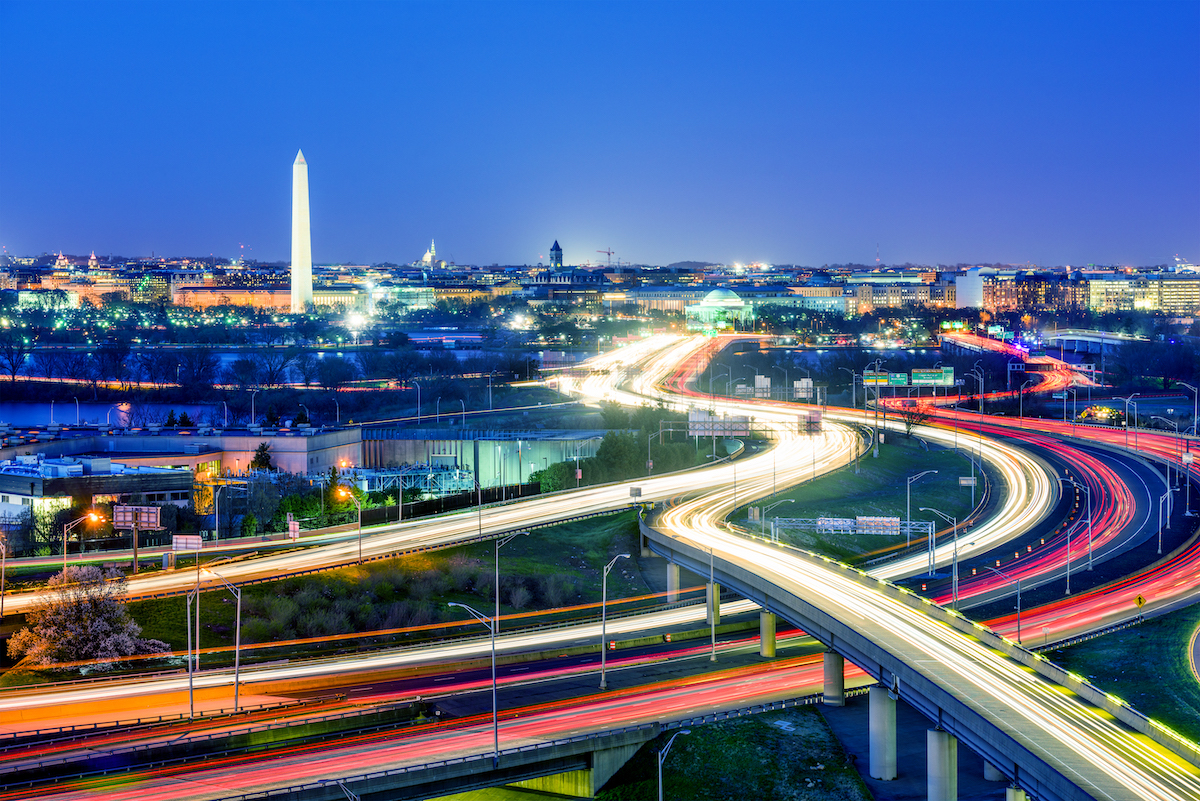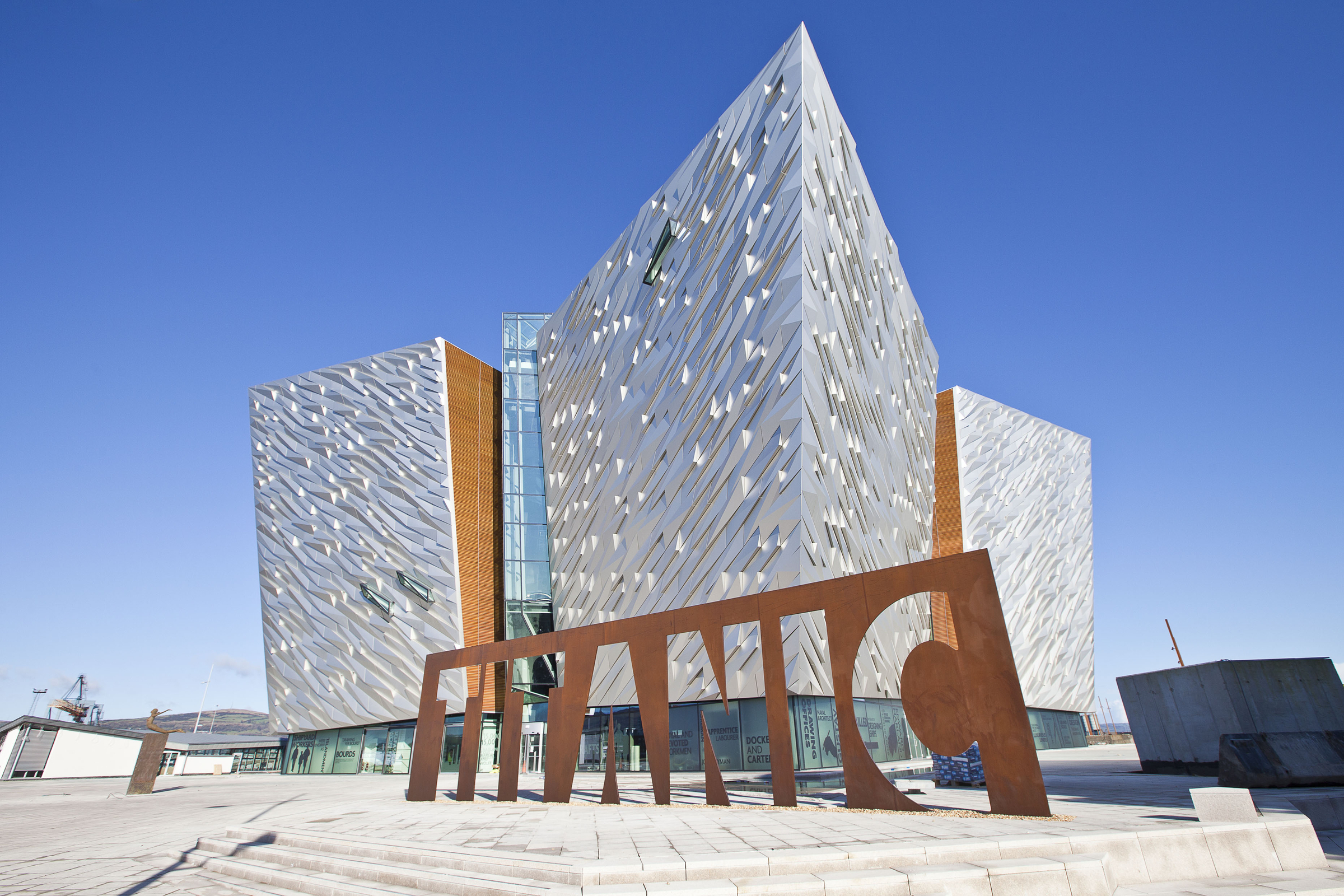Skift Take
At a time when event organizers have to work harder than ever to prove they're really delivering value to everyone from attendees to stakeholders, it's essential to choose a host city where the right connections are easy to make. Discover five ways that a connected destination can make your most ambitious event goals a reality.
Every meeting professional knows that the heartbeat of the event industry depends on driving connections and setting the stage for new partnerships. That call to action has never been louder. As business professionals become more purposeful in event selection, events with a “who’s who” list of registrants, speakers, and sponsors will be the ones they can’t afford to miss. A connected event starts with a connected destination — and the gold standard for that level of connectivity is in Washington, DC.
With intellectual capital that includes more than 180 medical associations and organizations and 170 biotech companies, the nation’s capital is standing out as the ultimate place to host an idea exchange. In fact, when the 8th World Congress of Pediatric Cardiology and Cardiac Surgery returns to the continental U.S. for the first time in nearly 40 years this summer, the program will happen in Washington, DC.
“Between the large numbers of free museums, the excellent cuisine, three international airports, convenient hotels and the layout of the Walter E. Washington Convention Center — three city blocks in size — we were sold,” Gil Wernovsky, MD Co-Chair, 8th World Congress of Pediatric Cardiology and Cardiac Surgery, said. “Washington DC was the choice over every other city in the U.S. to meet and address these important global health problems.”
No matter what issue your organization will be working to tackle at its next program, here’s a look at all the ways a truly connected city like DC can help you make an even bigger impact.
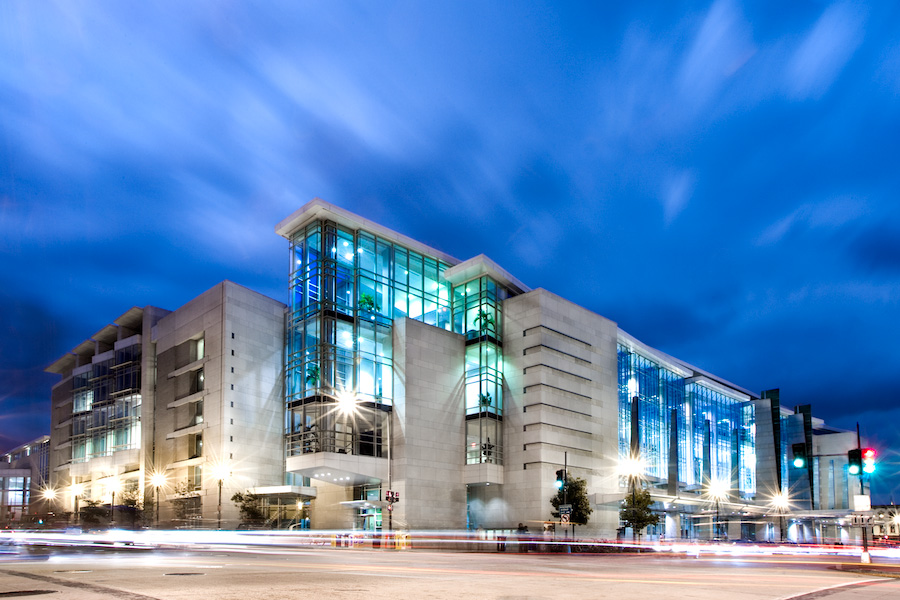

1. Attract Business Leaders By Hosting Your Event in Their Backyard
Fannie Mae, Freddie Mac, Lockheed Martin, Marriott, Capital One, Raytheon, Boeing — these are just a few of the top companies that call the DC area home. And for event planners, being close to that home has never been more important. According to the most recent Skift Meetings’ State of Events Business report, 28 percent of planners have focused on selecting destinations that are more convenient for attendee travel patterns. As organizers work to make sure that top decision-makers will appear on the registration list, the business center of a connected city is crucial: It eliminates the need for all the typical extra pieces of the getting-from-here-to-there transit puzzle that can create big headaches for the busiest professionals.
In turn, a registrant list full of influential industry leaders and world-renowned researchers can become its own selling point for prospective attendees. At the same time, it ensures that the messaging behind the event itself will reach all the right people.
“We’re thinking about what will make the difference for an organization or how DC’s platform will raise awareness of their issue,” Melissa A. Riley, senior vice president, convention sales and services, Destination DC, told Skift Meetings. “In Washington, DC, our positioning focuses on offerings that you can’t find anywhere else, so a potential delegate sees the value and purpose of attending. Our clients are meeting with scientific and medical leaders, offering top speakers, sharing new research and finding a voice for issues like global health.”
2. Gather the Next Generation of Decision-Makers at Your Event
Successful events aren’t just about getting the established veterans of an industry together, though. They’re about connecting the thread from those senior-level leaders to an emerging cast of creative innovators who will carry the torch forward, and many of those future leaders call Washington, DC home. The median age here is just 34 years old, and this is a community of young professionals who are hungry for what’s next. Half of the residents in DC hold a college degree — a 17-point uptick over the national average.
It’s an incredibly diverse city, too. According to data from the Metropolitan Washington Council of Governments, the metro area has a diversity index of 73 — 12 points higher than the national average — itself a strong reflection of the city’s ability to help organizers attract attendees with different voices from different backgrounds.
3. Give All Your Attendees A Wide Range of Convenient Ways to Get There
Of course, hosting events isn’t simply about who’s already there, and when it comes to the traditional definition of connectivity in the industry, DC can’t be beat. If you’re looking to grow your global audience, the 62 international destinations that serve Dulles International Airport are a huge boost for your attendee marketing efforts. When it comes to domestic attendance, Reagan National Airport offers nonstop service to 100 destinations, and Baltimore/Washington International serves 67 domestic destinations, along with 12 international outposts. For attendees who prefer taking the train, Amtrak’s Union Station makes it easy to take advantage of the most sustainable form of travel. It’s also one of the premier pit stops along the busy 1-95 corridor that connects over 110 million people.
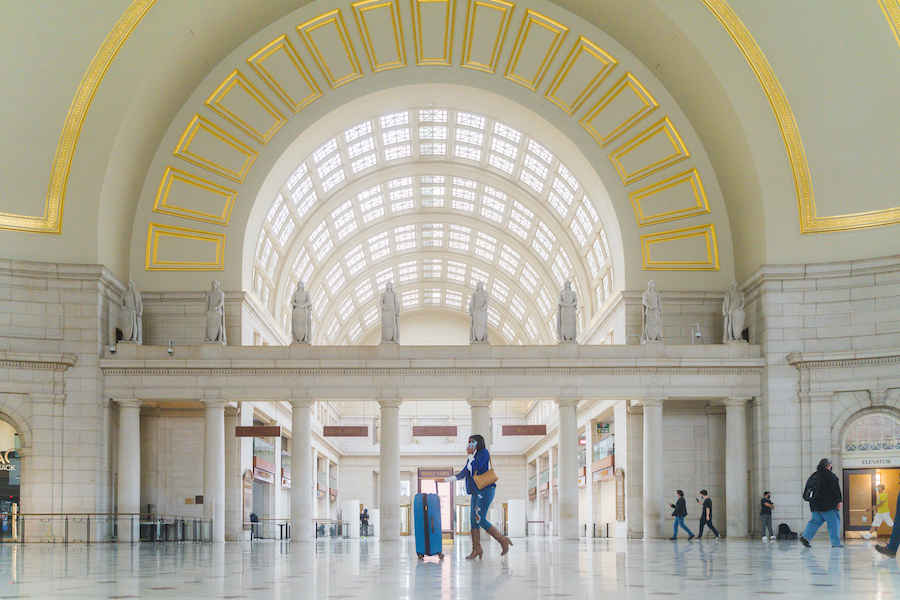

No matter how long it takes attendees to get there, they won’t need to spend much time in any traffic once they arrive in DC. The city boasts high rankings in walkability, public transit access, and bike-friendly options, according to Walkscore. Plus, that public transit access is getting even more robust, thanks to a recently-completed $3 billion extension of the Silver Line railway that extends out to Dulles. As more attendees prioritize sustainability, they can feel good about leaving a significantly lighter footprint in DC, where a Connected Campus initiative lets many organizers skip the need for any shuttle buses.
4. Make Your Event Synonymous With Cutting-Edge Innovation
Bringing the world’s greatest minds together creates synergies that allow true progress to unfold. A connected city can help the world break free from the status quo, with innovations that fuel new solutions to some of the most pressing issues. It’s a big reason why DC made perfect sense to host Greenbuild this year. When green building professionals arrive at the Walter E. Washington Convention Center in September, they’ll feel the energy of a city that is committed to a carbon-free future. In fact, DC is the headquarters of the U.S. Green Building Council, the creator of the LEED certification that has played a key role in reducing waste in the event industry, and the city was named the first LEED Platinum City in the World in 2017.
In addition to the city’s role in making a difference for the planet, the metro area is making major waves in the continuing evolution of breakthrough technology. The District earned Startup Genome’s #11 ranking for its startup ecosystem, and the area is home to more than 1,000 tech startups. And as artificial intelligence disrupts every facet of our lives, DC is keeping pace with the change: Dell named the city the third-most future-ready economy in the U.S.
5. Find World-Class Subject Matter Experts Right Next Door
A connected city connects the dots to the main motivating factor of every attendee’s decision to attend: the content. As organizers work to add subject matter experts and thought leaders to their programs, costly flights may be one of the biggest obstacles they face in securing the names they want — not to mention the risks of flight cancellations and delays in today’s travel industry.
With that in mind, it’s important to host an event in an area rich with thought leaders who can elevate your program. And in DC, the local knowledge economy includes 21 higher education institutions like Georgetown University, Howard University, and George Washington University. For medical conferences in particular, the presence of the National Institutes of Health — the largest public funder of biomedical research — is a game-changing ingredient for successfully building out a program with the experts who achieve what every event aims to accomplish: Connect with a brighter future.
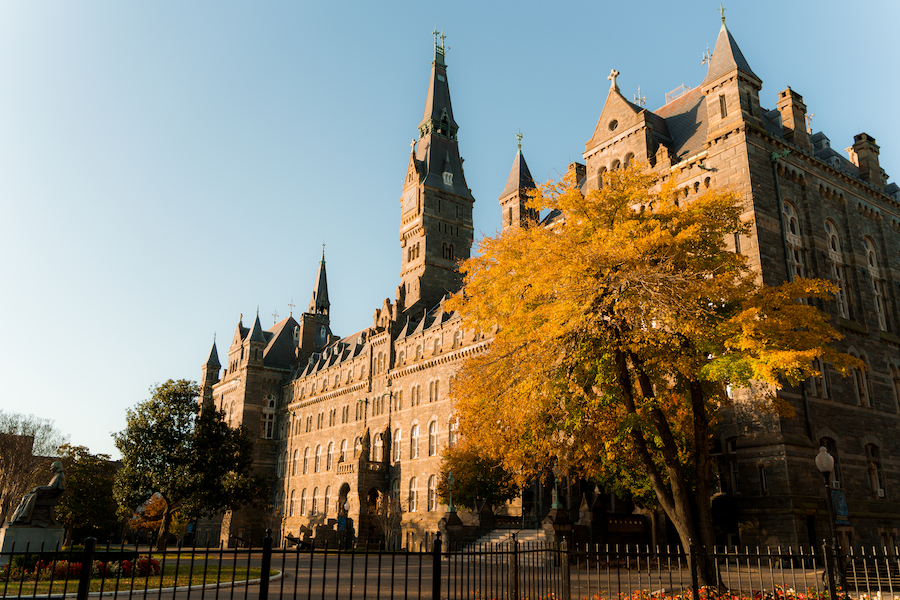

Other major events like the Association of International Educators Annual National Convention, the American Psychological Association Annual Meeting, and the Congress of Neurological Surgeons Annual Convention are counting on Washington, DC’s connectivity in 2023. To learn more about what the District can do for your next event, visit Destination DC’s Connected Capital hub.
This content was created collaboratively by Destination DC and Skift’s branded content studio, SkiftX.

